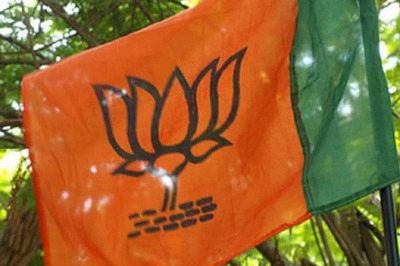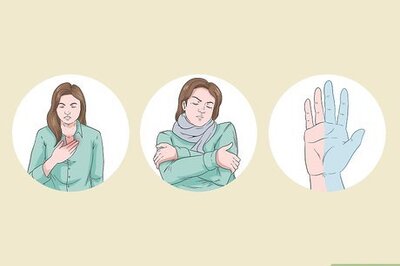
views
The cases of dengue, malaria and other mosquito-borne diseases in Mumbai and surrounding areas have seen a dip this monsoon compared to previous years, thanks to the Brihanmumbai Municipal Corporation’s (BMC) efforts to keep mosquito-borne diseases under control. However, Mumbai is in a country that falls under the 87 which pose a threat of malaria infection to international travellers and people who visit the city from other states.
Notably, according to WHO, people infected with malaria often experience fever, chills and flu-like illness at first. Left untreated, the disease can lead to severe complications and, in some cases, death.
Furthermore, malaria symptoms appear after a period of 7 days or longer and fever occurring in a traveller within 3 months of possible exposure is a medical emergency that should be investigated immediately.
For people travelling to Mumbai or anywhere else in the world that has a high rate of malaria, prevention of mosquito bites between dusk and dawn is the first line of defence against malaria. Use of insecticidal nets and mosquito repellents are some of the major must do's when it comes to protection from mosquitoes and the risk of malaria.
Depending on the malaria risk in the area to be visited, international travellers may also need to take preventive medication (chemoprophylaxis) before going to, during, and upon return from their travel, recommends WHO.
WHO further suggests that prior to their travel to malaria-endemic countries or regions, individuals should consult their national disease control centres, or other institutions for travel advice, as well as for information regarding the preventive measures that should be taken.
In addition to these, for people travelling to Mumbai, conditions such as pregnancy or the presence of antimalarial drug resistance at the destination may modify the risk assessment.
Young children, pregnant women and individuals with a weakened immune system, are at the highest risk of developing serious illness if they become infected with malaria. In pregnant women, malaria increases the risk of maternal death, miscarriage, stillbirth and low birth weight, as well as the associated risk of neonatal death.
Notably, according to CDC, for people who are travelling to high-risk malaria zones, they can use atovaquone/proguanil or artemether/lumefantrine for protection against malaria.




















Comments
0 comment